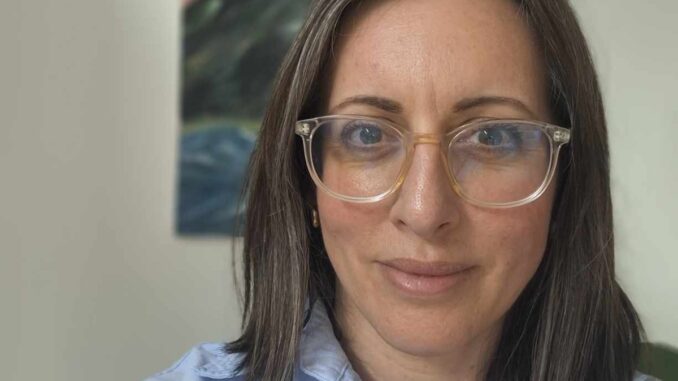
“I had hot flushes, joint pain, chronic inflammation in some of my joints, I had difficulty sleeping, I was waking up with night sweats, I had morning anxiety, low mood, brain fog and just really irritable”.
At age 37 Kate was experiencing early perimenopause.
Her body, which she thought she knew, had changed.
Perimenopause refers to the time during which your body makes the natural transition to menopause. And while it often starts in women aged 40 to 44 it can begin in some women in their 30s and is known as premature perimenopause.
Like many women her age Kate viewed menopause as something still far away. So, when she
was confronted with early symptoms of perimenopause her doctors at the time treated her
symptoms without knowing the actual cause.
It eventually took three doctors for Kate to finally get her diagnosis.
Five per cent of the female population will go through perimenopause early, some as early as their twenties.
“In hindsight probably around 37, im 40 now. Some of those symptoms would’ve just been cycle changes and i ended up with low iron”, Kate Reilly.
A large international study has linked early puberty and childlessness with an increased risk of early menopause.
Professor Gita Mishra from The University of Queensland said the study found women who had their first period before the age of 11 were 80 per cent more likely to experience premature or early menopause.
“For a woman that goes through an earlier menopause say in her 30’s compared to a woman in her 50’s, she has started the process about 20 years earlier and that can have huge consequences on her overall health, the most common one being osteoporosis” Dr Natasha Vavrek.
For Kate, she realised perimenopause wasn’t something to fear or resist. It was a reminder of her resilience—a new chapter that, while challenging, offered its own strength and wisdom.

References:
Image supplied by Kate Reilly

Leave a Reply